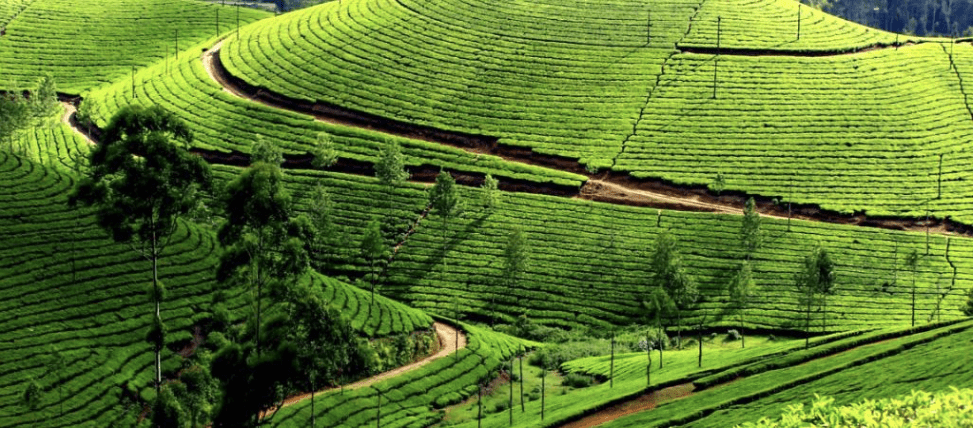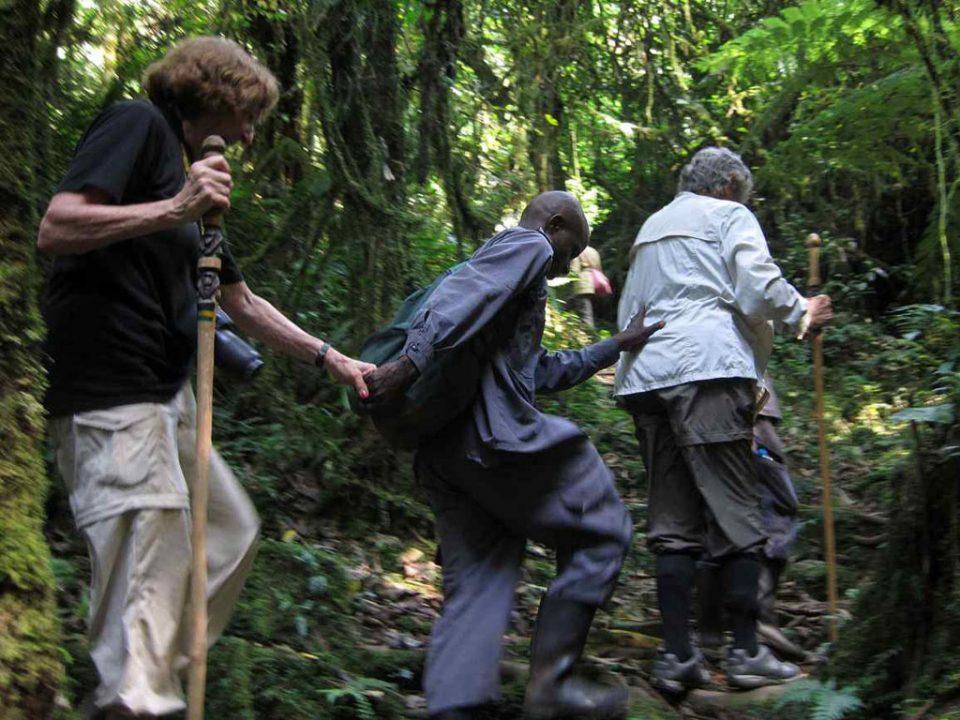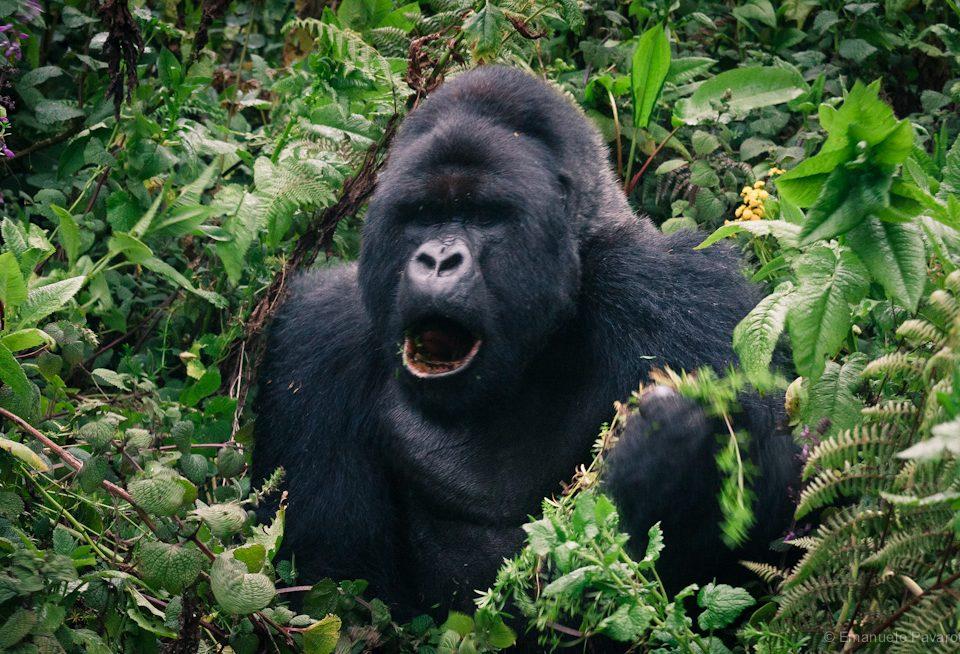
Tea Safaris
Tea growing has turned out to be one of the biggest income-generating ventures for the tourism industry in Uganda . Travelers flok plantation for tours. The tea safaris in Uganda are another way you can enjoy the pearl of Africa. Even away from the abundant National parks for the game safaris in western Uganda.
Uganda tea safaris offer one of the most ultimate Agro safari packages in Uganda. Where you get to dive deep into understanding the tea-growing culture as part of the entire African way of living.
It is commonly known that in Uganda, the mountain gorillas and game drives take the first position. However, if you are to understand Uganda, it is better if you learn about agriculture which is the backbone of Uganda.
Despite the fact that Uganda is known for the wildlife and natural endowment in the 10 major National parks across the country; the country is also a food basket with a great venture into the agriculture business. Uganda is joining the other countries in the world to consolidate agro-tourism as a major part of the tourism industry.
Uganda is mainly venturing in tea and coffee growing as part of the plantation agriculture. This activity feeds agro-tourism in the pearl of Africa. There is a number of farms and plantations where you can for Uganda tea safaris and other agro tourism activities
In western region of Uganda, the green over the rolling hills offer a great site for the estate and tea outgrowing. Along the western route of Ugandan safari, you will find a number of tea estates, laid astride the undulating landscape of the west.
The tea tours can have good planned itineraries offering. Get a chance to visit more than one tea estate in south western Uganda making it a Ugandan tea safari. In Bushenyi district, you have a chance to visit a tea estates and factories in the area like igara tea estate and factory.
Fort portal is another place for you to go and experience the real tea growing culture; there are various factories in fort portal and Kabarole district including Mpanga tea factories. A number of out-growers, can narrate how they manually dry tea locally which later they sell to the factories.



